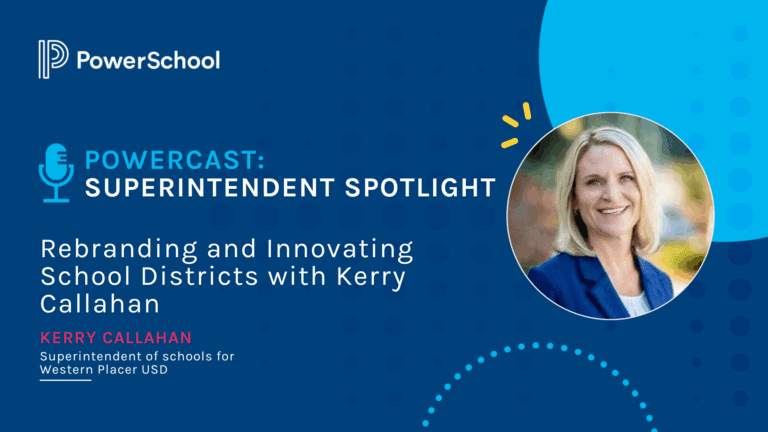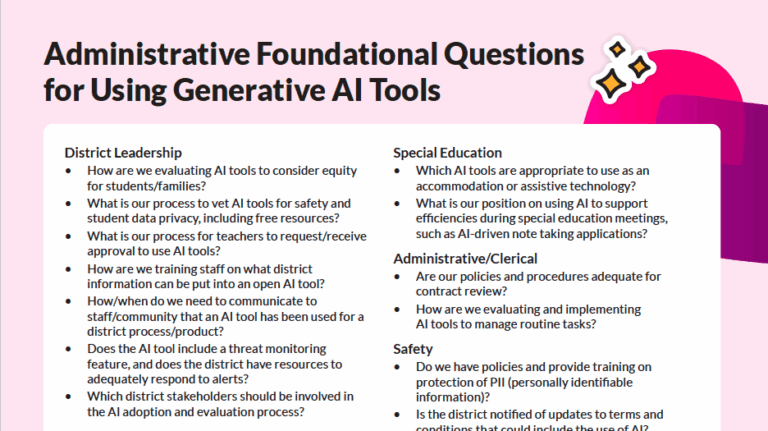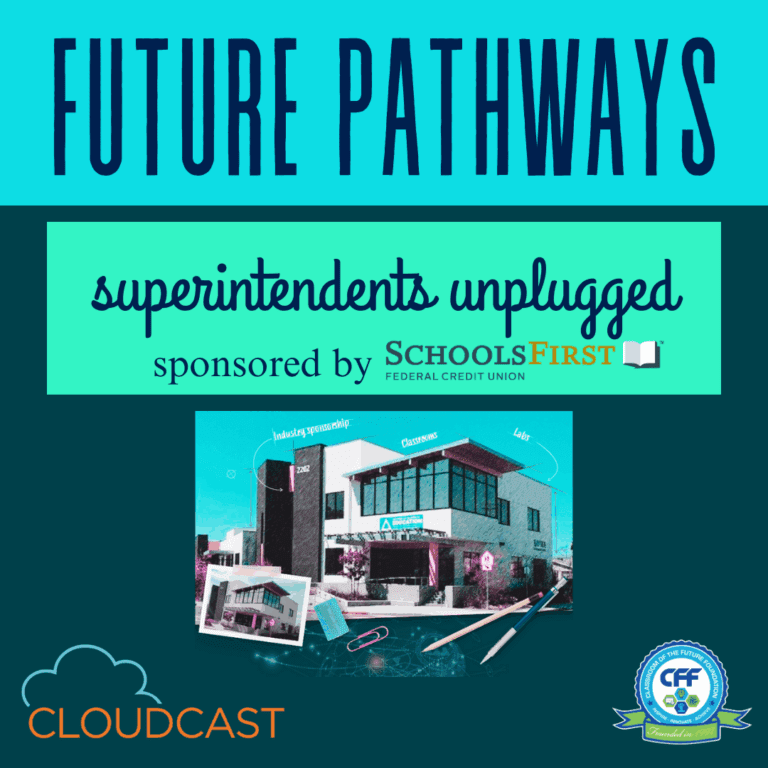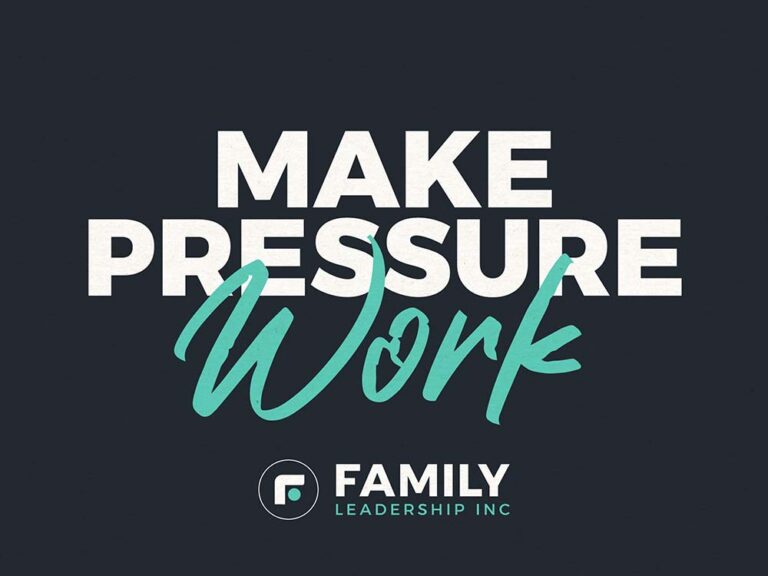As an educational leader, you will ideally be reaching out to your legislator to touch base and build a functional, professional relationship in which you educate your elected official about your district or school site. But at some point, you could also find yourself having a direct “ask” of your elected official, and that can be harder to navigate, especially if you don’t have a relationship.
Ultimately, the strategy remains the same – Educate, then Advocate. If the “Educate” portion is cut short, the talking points do not change. Several strategies to consider when developing your “ask” message:
Tell your story
You are the expert and a key member of the community. You know how changes to laws and regulations are implemented and how they impact students and schools. Be ready to share your community’s perspective without sounding accusatory toward your representative. Take a more explanatory route. If your elected official is new to their role or does not have education as an “area of interest” on their website, offer yourself as a resource if they have questions. The more helpful you are, the more your legislator will seek you out when looking for insight on an issue.
K.I.S.S.
With talking points, Keep It Super Simple. Avoid jargon, overly technical terms, or acronyms that mean more to the education community than to your legislator. Take some time to translate technical Ed-speak into layman’s terms. Your message should be consistent, community-based, and short enough to remember and repeat easily. Inspiring and motivating stories about students are always a big hit. If you are at a school site during your meeting or event, pair these stories with actual students. Another tip: your legislator may raise concerns that take your discussion off-topic – bring the conversation back to your message before ending the moving on.
Test your message
Once you have talking points and stories, find credible, friendly, likeable, and trustworthy spokespeople, but keep the number of speakers to a minimum – switching speakers during an event or meeting can detract from the message. Before your event or meeting, test your message on community members who can offer constructive criticism for revision. This can be trickier if you have a one-on-one meeting with your legislator, so practice with someone who has experience speaking with elected officials. If you need someone to listen to your talking points, reach out to an ACSA Political Affairs staff member. Emails, calls, and meetings are always welcome.
Know your audience
In one-on-one meetings, introduce yourself to your occupation and district name, then add “ACSA member.” Elected officials will not know about ACSA regions, so avoid that detail. Taper your message for a large presentation; add details during a more intimate meeting. Try to anticipate questions, and have answers ready. It is okay to say you don’t have an answer. Honesty is the best policy. But offer to follow-up and keep business cards on hand. Be friendly – but not a friend. Educate, then Advocate. Help others learn your perspective, then work on influencing their decisions.


































